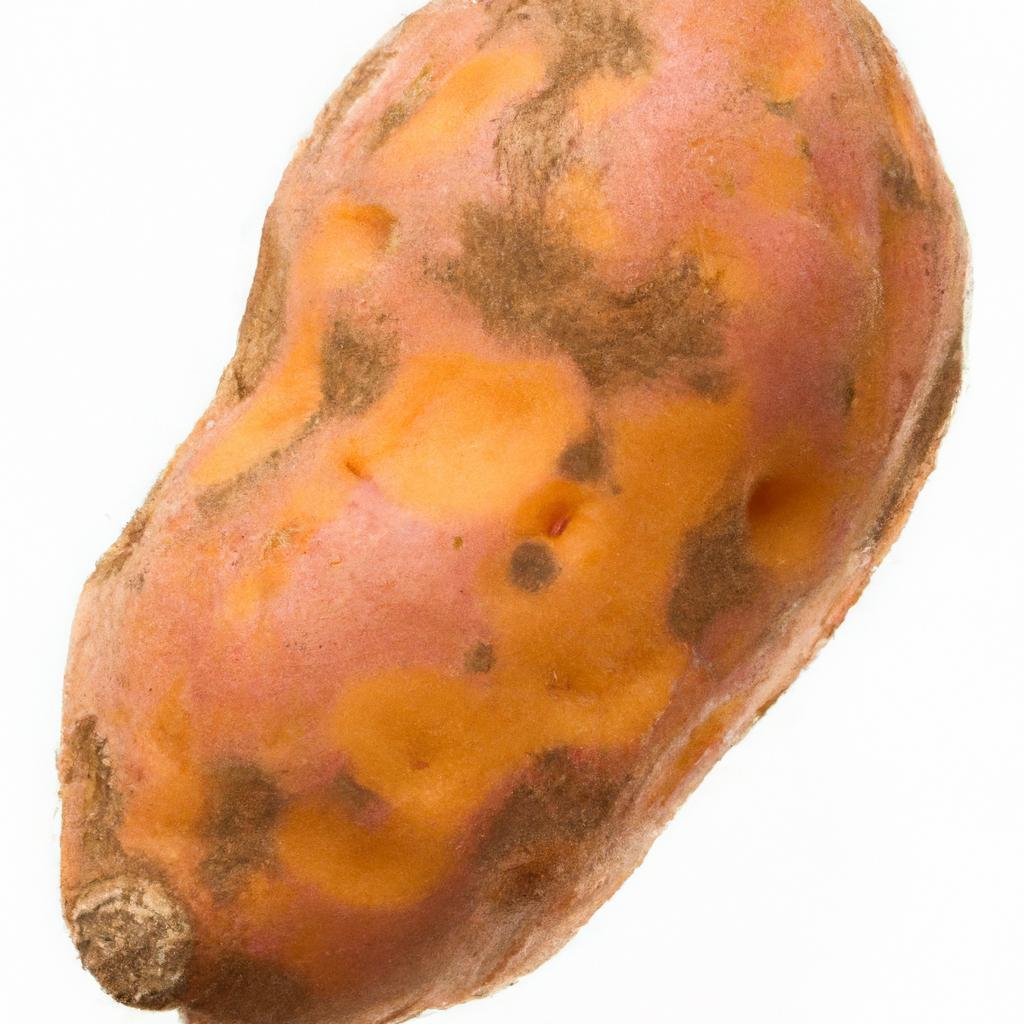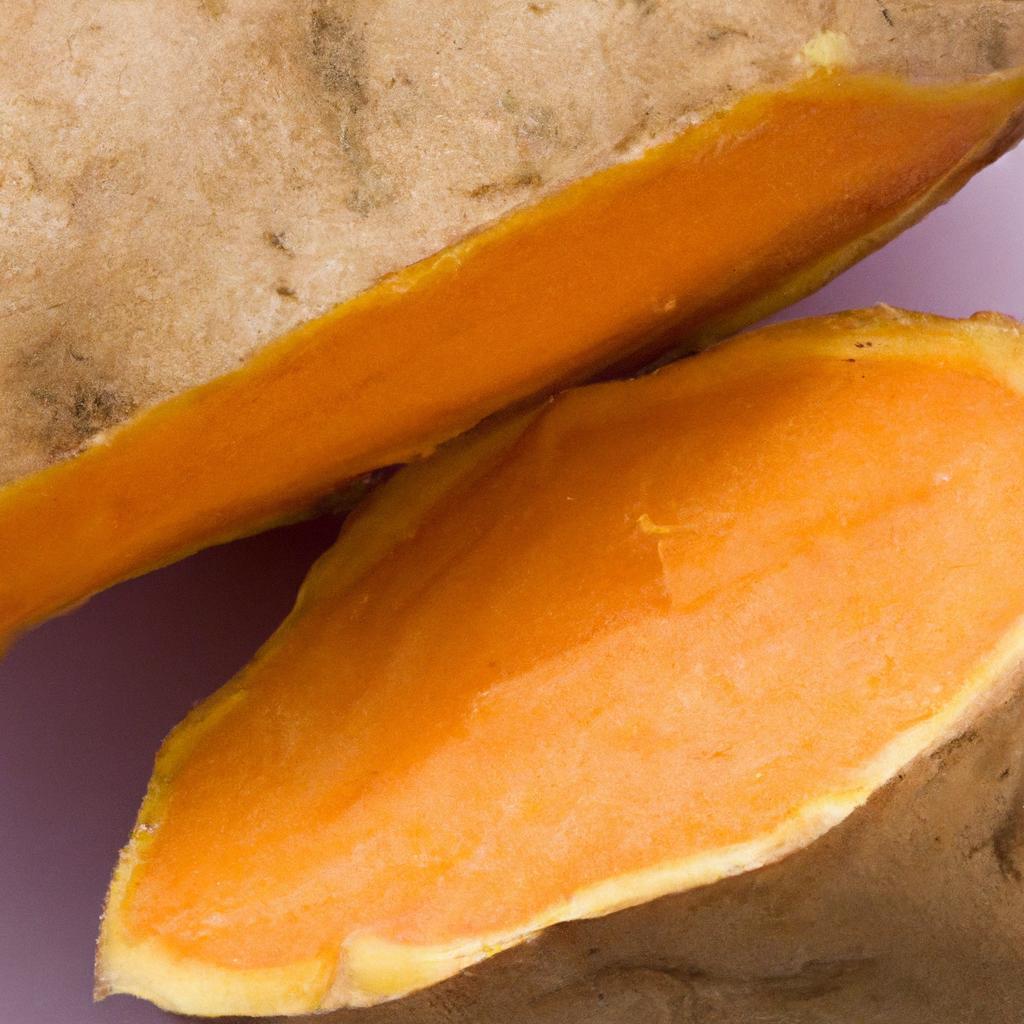Imagine coming home after a long day, greeted by your wagging tail companion, eyes sparkling with love. You want to show your furry friend just how much they mean to you. The secret? Home-cooked meals! Nutrient-rich options like lean chicken, sweet potatoes, and carrots not only satisfy their taste buds but also promote their health. By preparing wholesome meals, you ensure your dog receives the best nutrition, free from harmful additives. Treat them to the love of home-cooked food, and watch their happiness soar!
Contents
- Understanding Nutritional Needs for Optimal Canine Health
- Essential Ingredients for a Balanced Home Cooked Dog Diet
- Safe and Healthy Cooking Methods for Dog-Friendly Meals
- Delicious Recipes to Enhance Your Dogs Well-Being
- Q&A
Understanding Nutritional Needs for Optimal Canine Health
When it comes to ensuring your dog’s health, understanding their nutritional needs is paramount. Dogs require a balanced diet that includes a variety of nutrients to thrive. These nutrients can be categorized into proteins, carbohydrates, fats, vitamins, and minerals. Each plays a crucial role in maintaining your dog’s overall health, supporting everything from their immune system to their energy levels.
**Proteins** are essential for growth, repair, and maintenance of body tissues. High-quality protein sources such as lean meats, fish, and eggs should be staples in your dog’s diet. Additionally, **carbohydrates** provide energy and aid in digestion. Whole grains, vegetables, and fruits can serve as excellent sources of carbohydrates, offering both energy and fiber. Including these in your home-cooked meals can help keep your dog active and healthy.
Fats are another critical component of a dog’s diet, providing concentrated energy and supporting skin and coat health. Healthy fat sources like fish oil and flaxseed oil can enhance your dog’s coat shine and overall vitality. Furthermore, **vitamins and minerals** are vital for various bodily functions, including bone health and immune support. Incorporating a variety of colorful vegetables and fruits can help ensure your dog receives a broad spectrum of these essential nutrients.
it’s important to consider your dog’s specific needs based on their age, breed, and health status. Puppies, adult dogs, and seniors all have different nutritional requirements. Consulting with a veterinarian can help you tailor your home-cooked meals to meet these needs effectively. By prioritizing a balanced and nutritious diet, you can significantly contribute to your dog’s longevity and quality of life.
Essential Ingredients for a Balanced Home Cooked Dog Diet
Creating a nutritious home-cooked meal for your dog requires a careful selection of ingredients that cater to their specific dietary needs. **Proteins** are the cornerstone of any dog’s diet, providing essential amino acids necessary for muscle development and overall health. Options such as lean meats like chicken, turkey, and beef, as well as fish like salmon, are excellent choices. For those looking to incorporate plant-based proteins, consider lentils or chickpeas, which can be beneficial when combined with other protein sources.
In addition to proteins, **carbohydrates** play a vital role in providing energy. Whole grains such as brown rice, quinoa, and oats are not only digestible but also rich in fiber, which aids in digestion. If your dog is sensitive to grains, sweet potatoes and pumpkin are fantastic alternatives that offer both nutrients and a satisfying texture. These carbohydrate sources help maintain stable energy levels throughout the day, keeping your furry friend active and happy.
Don’t overlook the importance of **healthy fats**, which are crucial for maintaining a shiny coat and healthy skin. Incorporating sources like fish oil, flaxseed oil, or even a small amount of coconut oil can provide the necessary omega-3 and omega-6 fatty acids. These fats also support brain health and can help reduce inflammation, making them a valuable addition to your dog’s diet.
Lastly, **fruits and vegetables** are essential for providing vitamins, minerals, and antioxidants that support your dog’s immune system. Safe options include carrots, blueberries, and green beans, which can be served raw or cooked. Always ensure that any fruits or vegetables are dog-friendly and prepared in a way that makes them easy to digest. By incorporating a variety of these ingredients, you can create a balanced and wholesome diet that promotes your dog’s health and well-being.
Safe and Healthy Cooking Methods for Dog-Friendly Meals
When preparing meals for your furry friend, it’s essential to choose cooking methods that preserve the nutritional value of the ingredients while ensuring their safety. **Steaming** is one of the best techniques, as it retains vitamins and minerals that can be lost through boiling. This method is particularly effective for vegetables, making them easier for your dog to digest while enhancing their flavor. Consider steaming carrots, broccoli, and green beans to create a colorful and nutritious side dish.
Another excellent option is **baking**. This method allows you to prepare lean meats like chicken or turkey without the need for added fats. Simply season the meat with dog-friendly herbs such as parsley or rosemary, and bake it until fully cooked. Baking not only helps to lock in flavors but also reduces the risk of harmful bacteria that can occur with other cooking methods. Plus, you can easily prepare larger batches to freeze for later use.
**Slow cooking** is a fantastic way to create hearty meals that are both delicious and nutritious. Using a slow cooker allows the flavors to meld beautifully while keeping the ingredients tender. You can combine lean meats, whole grains like brown rice or quinoa, and a variety of vegetables for a well-rounded meal. Just be sure to avoid ingredients that are toxic to dogs, such as onions and garlic. This method also makes it easy to prepare meals in advance, saving you time during busy weeks.
Lastly, consider **grilling** as a fun and flavorful way to prepare meals for your dog. Grilling can enhance the taste of meats and vegetables, making them more appealing to your pet. Just be cautious with marinades and seasonings; stick to simple options like olive oil and herbs. Grilled chicken or fish served with grilled zucchini or sweet potatoes can make for a delightful and healthy meal. Always ensure that the food is cooked thoroughly and free from any charred bits, which can be harmful.
Delicious Recipes to Enhance Your Dogs Well-Being
When it comes to nourishing your furry friend, home-cooked meals can be a game changer. Not only do they allow you to control the ingredients, but they also ensure that your dog receives a balanced diet tailored to their specific needs. Consider incorporating **lean proteins** such as chicken, turkey, or fish, which are essential for muscle development and overall health. These proteins can be paired with **whole grains** like brown rice or quinoa, providing the necessary carbohydrates for energy.
Vegetables are another crucial component of a well-rounded canine diet. Ingredients like **carrots, peas, and sweet potatoes** are not only delicious but also packed with vitamins and minerals. They can aid in digestion and boost your dog’s immune system. Remember to cook these vegetables lightly to preserve their nutrients and make them easier for your dog to digest. Adding a sprinkle of **healthy fats**, such as olive oil or fish oil, can also enhance the flavor while promoting a shiny coat and healthy skin.
For dogs with specific dietary restrictions or sensitivities, consider using **alternative ingredients**. For instance, if your dog is allergic to grains, you can substitute with **vegetable-based carbohydrates** like pumpkin or zucchini. Additionally, incorporating **fermented foods** like plain yogurt can support gut health and improve digestion. Always consult with your veterinarian to ensure that the ingredients you choose align with your dog’s health needs.
don’t forget the importance of **proper portion sizes**. Overfeeding can lead to obesity and other health issues, so it’s vital to measure out your dog’s meals based on their weight and activity level. Creating a weekly meal plan can help you stay organized and ensure that your dog receives a variety of nutrients. By preparing delicious, home-cooked meals, you’re not just feeding your dog; you’re investing in their long-term health and happiness.
Q&A
-
What types of meat are safe for dogs?
Lean meats such as chicken, turkey, and beef are excellent choices for home-cooked meals. Ensure they are cooked thoroughly and free from seasoning, bones, and skin to maintain your dog’s health.
-
Can I include vegetables in my dog’s diet?
Absolutely! Vegetables like carrots, peas, and sweet potatoes are not only safe but also nutritious. They provide essential vitamins and fiber, promoting overall health. Just remember to cook them to make them easier for your dog to digest.
-
Are grains beneficial for dogs?
Yes, whole grains such as brown rice and oats can be beneficial. They offer a good source of carbohydrates and energy. However, always ensure that your dog does not have any grain allergies before incorporating them into their meals.
-
Should I avoid any foods when cooking for my dog?
Definitely. Foods like chocolate, onions, garlic, grapes, and avocados are toxic to dogs and should be strictly avoided. Always research or consult with a veterinarian before introducing new ingredients to your dog’s diet.
providing your dog with home-cooked meals can enhance their health and happiness. By choosing nutritious ingredients and avoiding harmful additives, you can ensure your furry friend thrives. Invest in their well-being today—your dog deserves the best!

大家好,我是彼得潘,專業的手法身體治療師。我喜歡探索和研究各種主題,並透過與人工智慧的合作分享專業、實用、有趣的文章。我們定期進行人工審核,以確保內容的準確性。如果您發現文章中有任何不準確的地方,請隨時與我們聯繫,我們會及時糾正。您可以透過 [email protected] 與我們聯繫。



